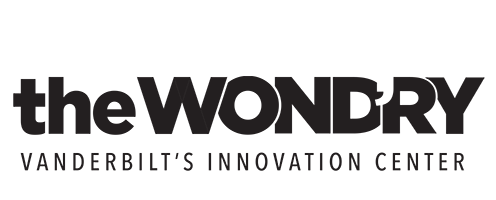NSF I-Corps Program- Is your STEM idea commercially viable?
Find out in less than two months whether your research is commercially viable.
You may have already seen something about the first Vanderbilt team to complete the National Science Foundation’s Innovation Corps since the university became a designated site last year. Their invention got a significant amount of media attention.
Michael Goldfarb, H. Fort Flowers Professor of Mechanical Engineering and director of the Center for Intelligent Mechatronics, graduate student Harrison Bartlett and postdoctoral scholar Brian Lawson plan to commercialize a “smart” prosthetic ankle that anticipates the user’s movements. It will make it easier for those with prosthetic legs to navigate stairs and uneven terrain without falling.
The I-Corps program helps turn the traditional academic research model on its head by forcing researchers to think immediately about larger problems and potential opportunities. Researchers may pursue a project because it is their personal passion, because it’s what their grant covers or because it’s a spinoff of research from their postdoc. As a result, they may come up with a device first and then have to find out where it’s applicable.
Just because they’ve come up with something new doesn’t mean it’s better, necessary or cheaper. It may not improve society in a way that’s demonstrable. With I-Corps, they can figure out their goals and the problem they’d like to solve before investing a significant amount of time, effort and research.
I-Corps may be uncomfortable for established researchers because the program’s instructors are quite direct, purposefully trying to break up the scar tissue of old methodology. They need to break through researchers’ love affairs with their own ideas and open their eyes to more practical, ground-level consideration.
The program also requires 100 interviews with potential customers, to be completed in a short period of time. By interview 70, you are long past trying to sell your idea and open to the actual answer or solution that’s needed. If you read Zero to One, Lean Launchpad or any other respected work on entrepreneurship, they all suggest the first task for an entrepreneur is customer discovery.
I-Corps gives teams $50,000 for customer discovery, travel and training. There are two days of bootcamp in the beginning, two at the end and daily check-ins during the seven weeks in between. It gives teams access to experts who have done it before and are willing to give you the tips and tricks. It’s tough, yes, but in less than two months, you’ll know whether your idea is commercially viable.
We’ve got four other teams in the program now and two more in the process of applying. The projects are as diverse as virtual reality to treat addiction to better electrical transmission for island communities. If you’re at Vanderbilt and have research that could be commercialized, I urge you to save yourself a lot of wasted time and energy and give this a try.
